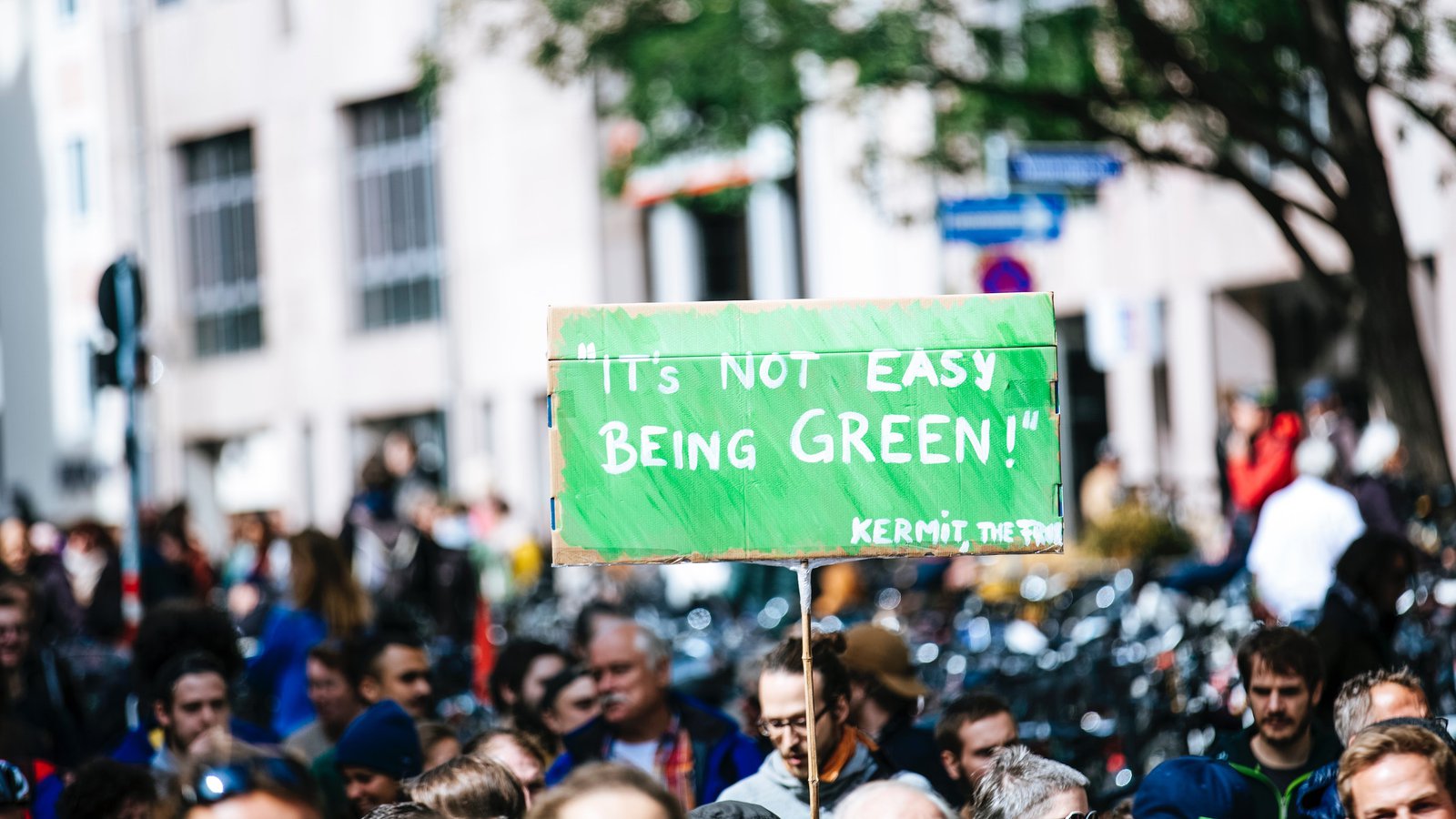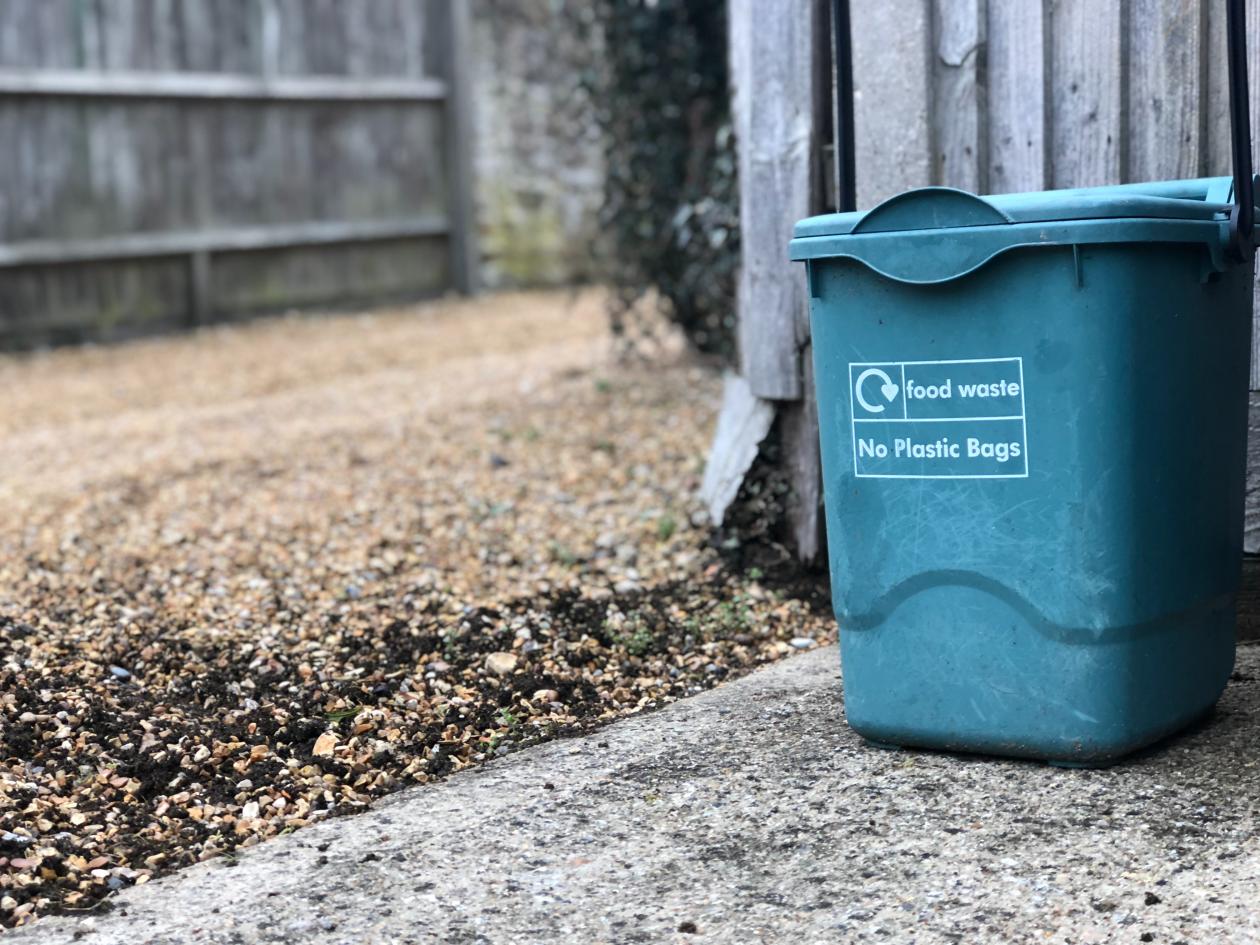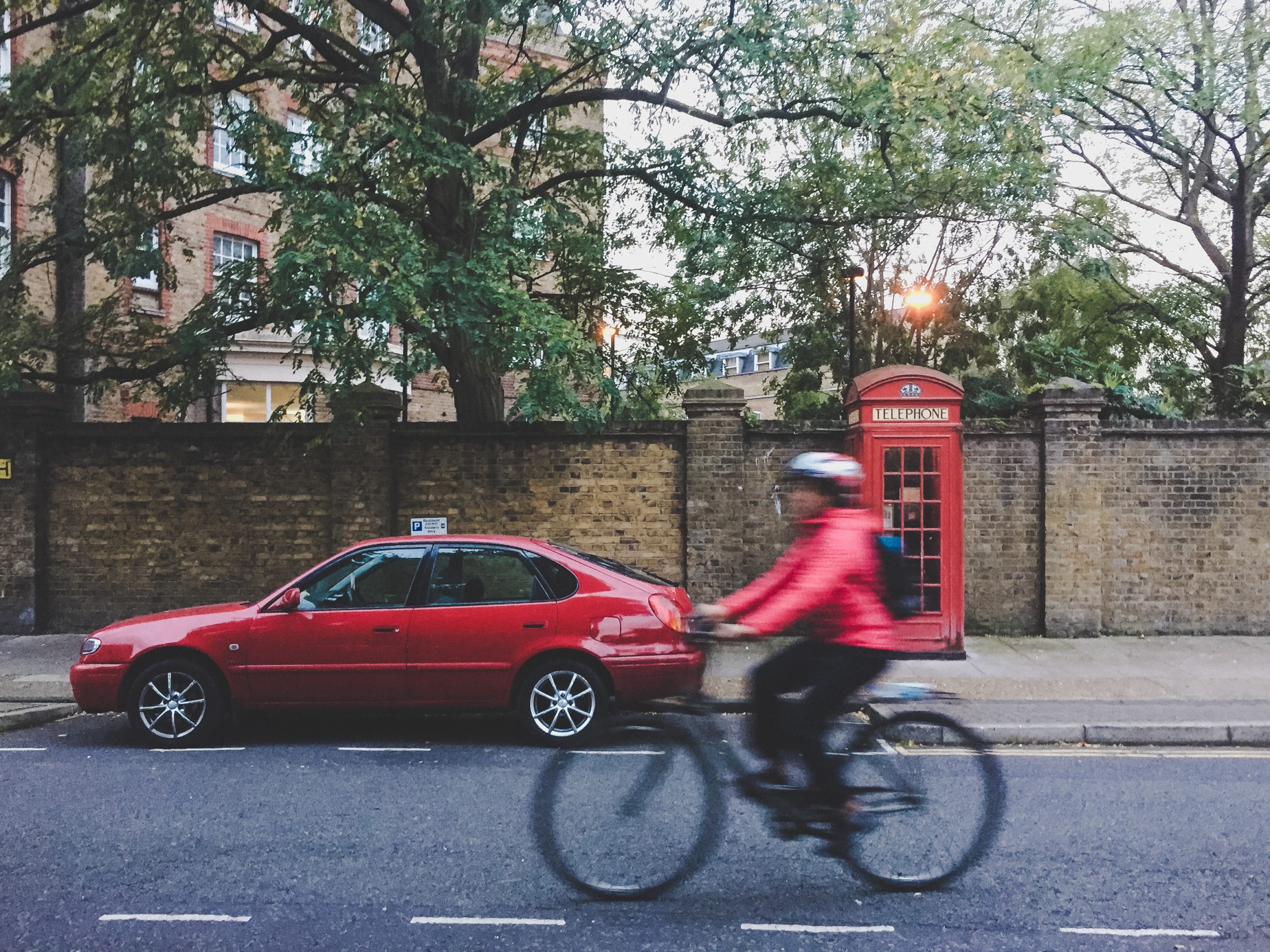 Raj Patel, Associate Director of Policy at Understanding Society, reflects on the challenges of how households can transition to net zero and develop pro-environmental habits – the topic of Understanding Society’s recent climate change data dive.
Raj Patel, Associate Director of Policy at Understanding Society, reflects on the challenges of how households can transition to net zero and develop pro-environmental habits – the topic of Understanding Society’s recent climate change data dive.
Any sober assessment of COP26 will conclude that there was progress, but that there remains a huge credibility gap between the pledges made and what action is required. Putting a positive spin on the outcome, Alok Sharma, the UK President of COP26 concluded: “We can now say with credibility that we have kept 1.5 degrees alive. But its pulse is weak and it will only survive if we keep our promises and translate commitments into rapid action.” The reality is that even with the additional pledges made at COP26, temperatures are expected to rise above 2 degrees Celsius.

Photo by Marcus Spiske on Unsplash
Understandably, the politics and economics of climate change is complicated, and getting an ambitious but achievable and socially just alignment of commitments and actions from countries at different stages of development was never going to be easy. This will require major shifts in government policy, technology, finance, and corporate and public behaviour – with corresponding structural change as resources and jobs move from high to low carbon industries.
Supply side policies, such as technological innovation and green energy generation, are seen as less directly intrusive into daily living. However, in moving from a fossil fuel economy to a low carbon one, and given uncertainties that typically surround technological innovations, we will also need to dramatically reduce our carbon consumption across a range of high carbon fronts. A move to a low carbon economy will generate new opportunities and benefits (such as cleaner air) but also a huge economic bill – not to mention the erosion of tax revenues from fossil fuel related activity.
Costs and benefits of transition
The UK’s official climate advisers, the Climate Change Committee, estimated last year that the total cost of reaching net zero by 2050 would be £1.4tn, but that these could be offset by savings of £1.1tn, with an overall net cost of only £321bn over 30 years. However, a delay in acting now would mean costs start to grow dramatically – and the economic bill has to be paid upfront while it will take years for savings to accrue. This doesn’t mean, though, that the UK will be protected from global warming, as that will also depend on other countries taking urgent action now.
In its Net Zero Review, HM Treasury (October 2021) notes that, “As with all economic transitions, ultimately, the costs and benefits of the transition will pass through to households through the labour market, prices and asset values. These costs and benefits will not fall evenly across households.”

Photo by Patricia Valerio on Unsplash
Households are the highest contributor to greenhouse gas emissions compared to other major sectors in the UK. What is required is an honest conversation with the public – and trust – about what the real costs and benefits of decarbonisation are likely to be over time.
Again, in the words of HM Treasury: “At an aggregate level, higher income households consume three times more carbon than lower income households in absolute terms, but lower income households spend a higher share of their income on high carbon goods. However, there is substantial variation within income groups driven by factors such as how much energy they use, the type of house they live in, and whether they drive a car; these factors will have a significant influence over a household’s overall exposure to the transition.”
Climate change data dive
To drill into the transition effects and opportunities, Understanding Society, the UK Household Longitudinal Study, organised a three-day climate change data dive over two weeks in November and December 2021, in partnership with the UK Data Service and The Young Foundation. This event brought together 40 speakers, staff and participants from across academia, government departments and charities to research pro-environmental behaviours, ‘green jobs’, transport, and political and community engagement.
A range of expert research and policy contributors kick-started the event, followed by a hive of analytical activity into different topics – from factors influencing green attitudes and behaviours to commuting distances and mode of travel. Two examples of interesting insights to emerge were:
Firstly, that there was little spill-over between different types of pro-environmental behaviours such as switching off the lights in rooms that aren’t being used, leaving the TV on standby for the night, and keeping the tap running while brushing teeth. We know from other evidence that actions people are most likely to take are also those that have the least impact on decarbonisation. This is not only because people are often confused about what actions have the biggest impact on decarbonisation but also because behaviour changes have very different effort / impact trade-offs. Changes such as walking or cycling or taking fewer flights require much greater effort … but for bigger impacts.

Photo by Franco Ruarte on Unsplash
Secondly, how many car commutes could plausibly be undertaken by active travel? Using pre-pandemic waves of Understanding Society data, collected in 2018/19, analysis shows that around 10% of commuting journeys were under 1.5 miles and just under 40% were less than 5 miles. Of course, some types of journey such as dropping children off to school before work can be more difficult to shift, but even allowing for people’s individual circumstances, this analysis reveals that there are demand side opportunities.
The data dive generated a wide range of interesting research questions, many that could be examined using Understanding Society data – with some limitations as well! Overall, a 3-day data dive over two weeks may seem a short time to examine challenging research and policy questions robustly, but this is only the beginning of a long journey. In addition to building consensus around pertinent research questions and engaging in social learning, it is hoped that those who took part will be able to carry on with some of their research or develop new projects.
Some of the expert presentations by contributors to the data dive can be accessed through our YouTube channel.
This blog is being published in conjunction with Understanding Society’s blog.
About the Author
Raj Patel is Associate Director of Policy at Understanding Society.
Featured image by Markus Spiske on Unsplash.
